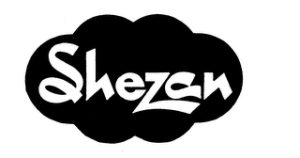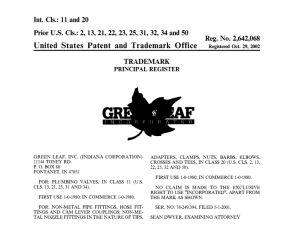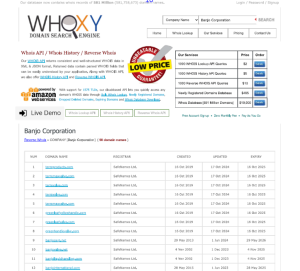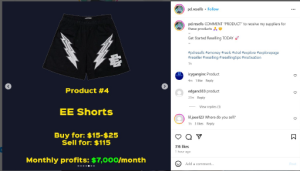The Plaintiffs, House of Bram, Little Nemo Music, and Major Bob Music Co., through their lawyers, have filed a lawsuit claiming that their copyrights have been violated under U.S. copyright law. Their main argument is that the Defendants allegedly played the Plaintiffs’ copyrighted music in public without permission.
 Defendant Franklinsteins, LLC is based in Indiana and operates Bud’s Rockin’ Country Bar and Grill in Evansville, Indiana, where the music in question is said to have been played publicly. The other Defendants, Kerry Chesser, Chad Brady, and Mikala Daly-Shemwell, are individuals involved in managing Franklinsteins. The Plaintiffs claim that all Defendants had control over what happened at Bud’s, including the music performances.
Defendant Franklinsteins, LLC is based in Indiana and operates Bud’s Rockin’ Country Bar and Grill in Evansville, Indiana, where the music in question is said to have been played publicly. The other Defendants, Kerry Chesser, Chad Brady, and Mikala Daly-Shemwell, are individuals involved in managing Franklinsteins. The Plaintiffs claim that all Defendants had control over what happened at Bud’s, including the music performances.
The Plaintiffs are members of ASCAP (the American Society of Composers, Authors, and Publishers), which protects the public performance rights for its members’ music. The complaint states that ASCAP has attempted to contact the Defendants more than 70 times through phone, mail, and email, offering them licenses to play the music. Despite these efforts, the Defendants allegedly refused to agree to the terms, and the Plaintiffs argue that the performances at Bud’s without a license are copyright violations.
 Indiana Intellectual Property Law News
Indiana Intellectual Property Law News













